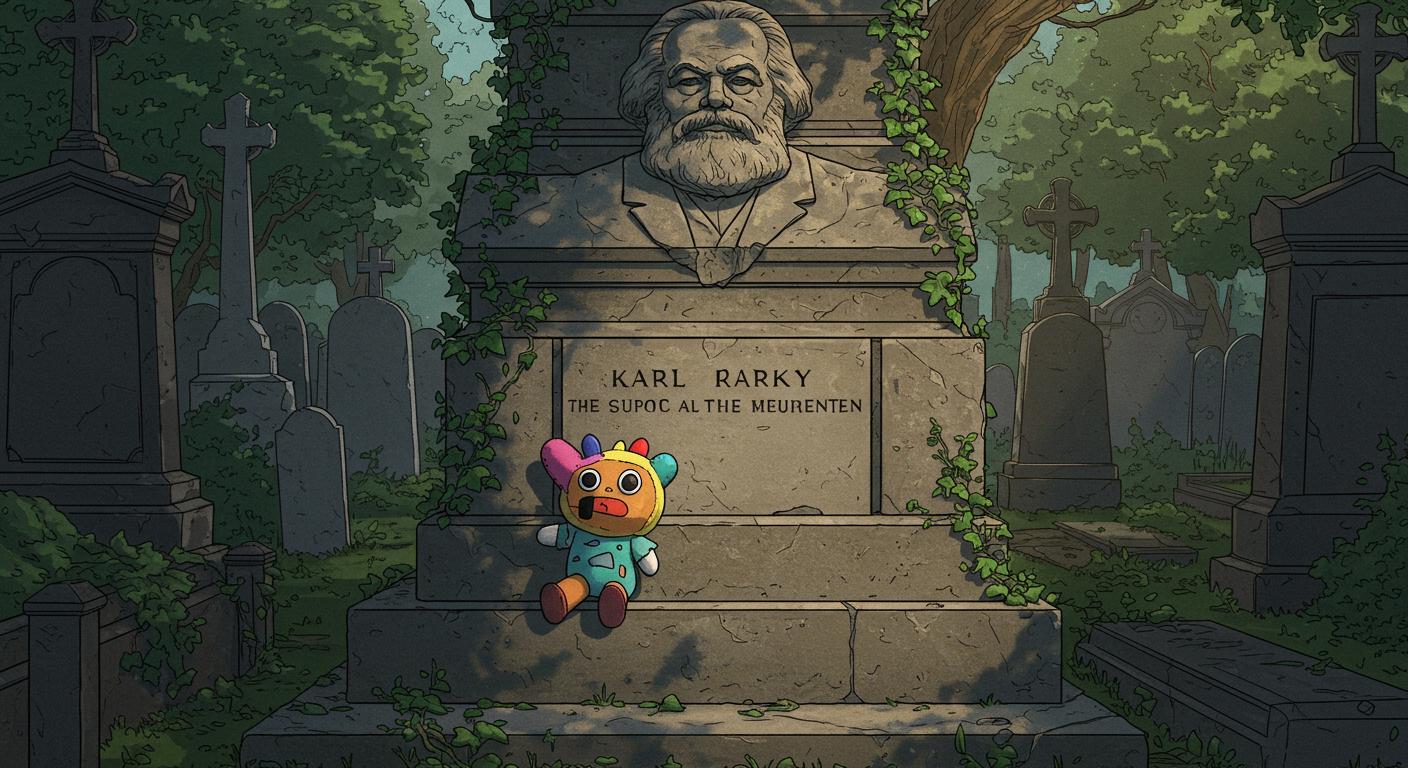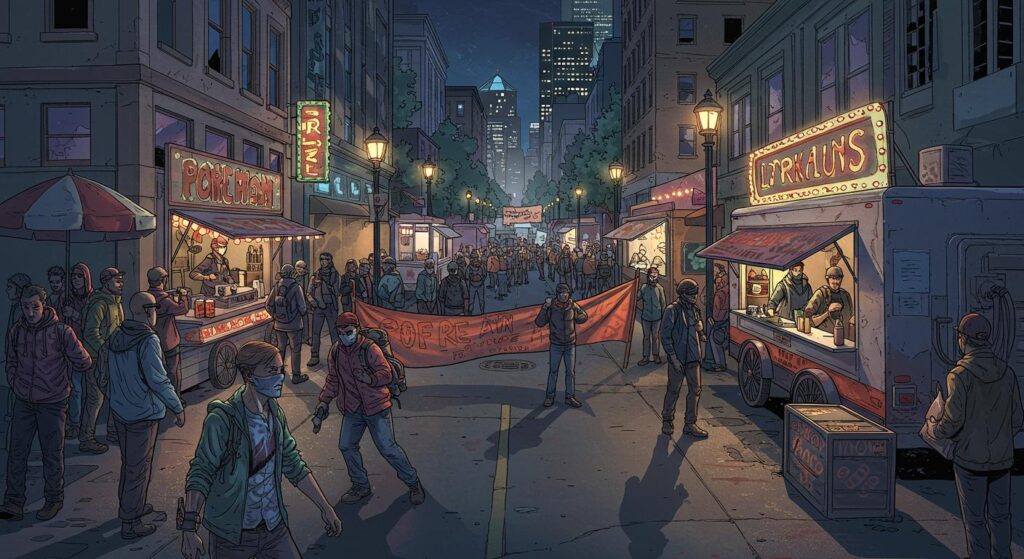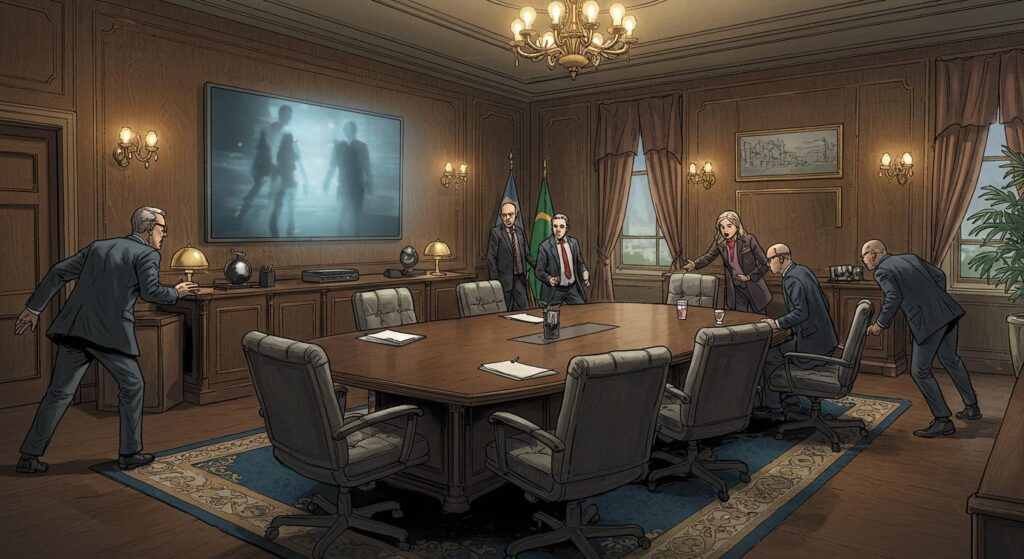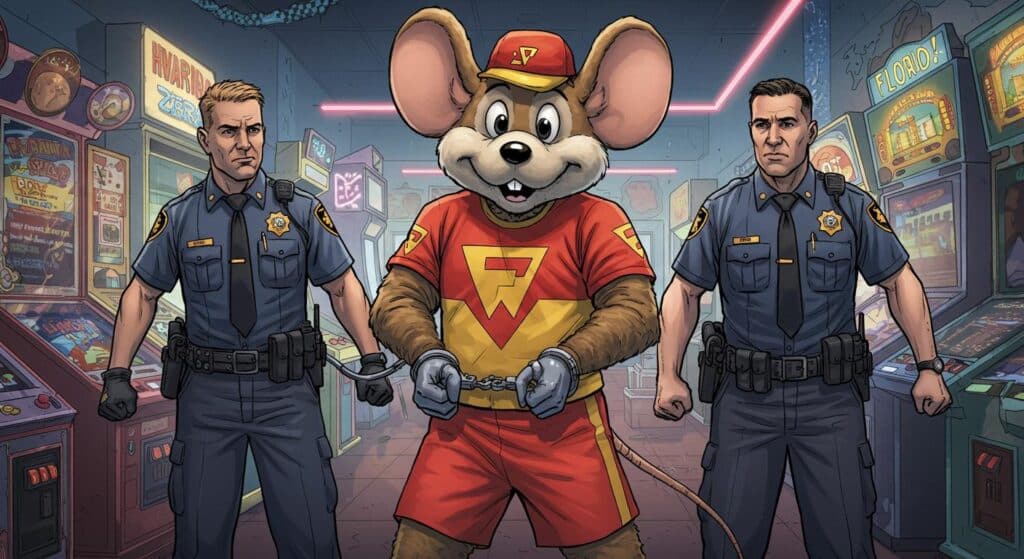It’s not every day history, pop culture, and market irony collide in such a visually compact form, but that’s exactly what unfolded this week at London’s Highgate Cemetery. As The Express Tribune reports, a Labubu doll—one of those blinking, collector-coveted characters from Pop Mart—was spotted perched atop Karl Marx’s imposing grave. The image immediately set off a cascade of online commentary, the scene blending centuries-old theory with 21st-century consumer spectacle in a way that almost writes its own punchline.
Blind Boxes at the Base of History
For those not steeped in the world of collectible toys, Labubu is the brainchild of Hong Kong artist Kasing Lung, produced in limited runs and distributed via Pop Mart’s infamous “blind box” system. DNA India highlights how buyers pay for a sealed box, not knowing which character variant is inside, and some rare versions resell for hundreds—a perfect encapsulation of the thrill—and anxiety—that underpins so much of contemporary consumer culture.
It’s no wonder, then, that many saw the toy’s placement on Marx’s resting place as its own kind of meme-ified indictment. Blind boxes, limited availability, resale markets: Labubu is, in every sense, a creature of late-stage capitalism—a system Marx spent his considerable intellectual energy critiquing. The visual contradiction practically sparkles with irony.
Letters, Potatoes, and Plush Contradictions
The scene at the grave wasn’t completely unorthodox—flowers and handwritten notes are a longstanding tradition—but what gave this particular offering its peculiar flavor was the collision between the modern and the heartfelt. Both The Express Tribune and DNA India discuss how the Labubu was left alongside a letter from Liu Yuhe, a Chinese student. With a mixture of earnestness and whimsy, she credited Marx for influencing her worldview, admitted the challenge of absorbing his dense texts, and even joked about her own resemblance to a potato, wishing she could one day cook potatoes for him in the afterlife.
This note attracted its own share of attention, providing a counter-balance to the toy’s brash commercial symbolism. One can picture Marx, muttering about surplus value, confronted by a plushie and a heartfelt note about tubers. Internet users didn’t let the symbolism slide by: jokes about “capitalism winning” and Marx being subject to “voodoo” through a collectible toy proliferated, while some admitted to being regularly perturbed by the thought of a Labubu standing vigil over Marx’s grave. The Express Tribune observes that while a few found this combination oddly sweet, most fixated on the situation’s philosophical and cultural dissonance.
Viral Irony: Capital Respects
What is it about this juxtaposition—Victorian tomb, hot commodity toy, emotional letter—that draws such widespread fascination? DNA India describes Labubu as “everything that late-evolving capitalism stands for,” with its value determined by scarcity, hype, and the thrill of the unknown. Marx, who perhaps imagined his grave ringed with thoughtful readers or humble thank-you notes, instead shares his spotlight with an avatar of modern market obsession. Are we witnessing the ultimate postmodern tribute, an ironic meta-homage, or just the latest installment in the centuries-long tradition of leaving objects—sometimes meaningful, sometimes bewildering—at the monuments of the famous deceased?
It’s hard not to wonder, too, if this indicates something about how new generations process historical reverence. Is the plush toy an expression of respect, or simply an internet in-joke in the wild? Does it mean the theories laid in stone at Highgate are now just another collectible narrative, to be unboxed, photographed, and reposted?
Reflection: Meaning, Like a Blind Box, Is Full of Surprises
Perhaps this whole episode is less about victory or defeat—ideological, economic, or otherwise—and more about the slipperiness of cultural symbols in our age. Marx wrote of “the specter of communism”; now, his grave draws both solemn tributes and wide-eyed capitalist mascots. It’s fitting, in its way, that meaning remains as unpredictable as a blind box’s contents: open it up, and you can’t be certain whether you’ll get a rare collectible or simply find yourself looking at your own reflection, smiling at the absurdity.
So what endures—a legacy, a plush toy, or just the meme? Maybe all of them, tangled at the edge of history, capitalism, and the next viral photo.







